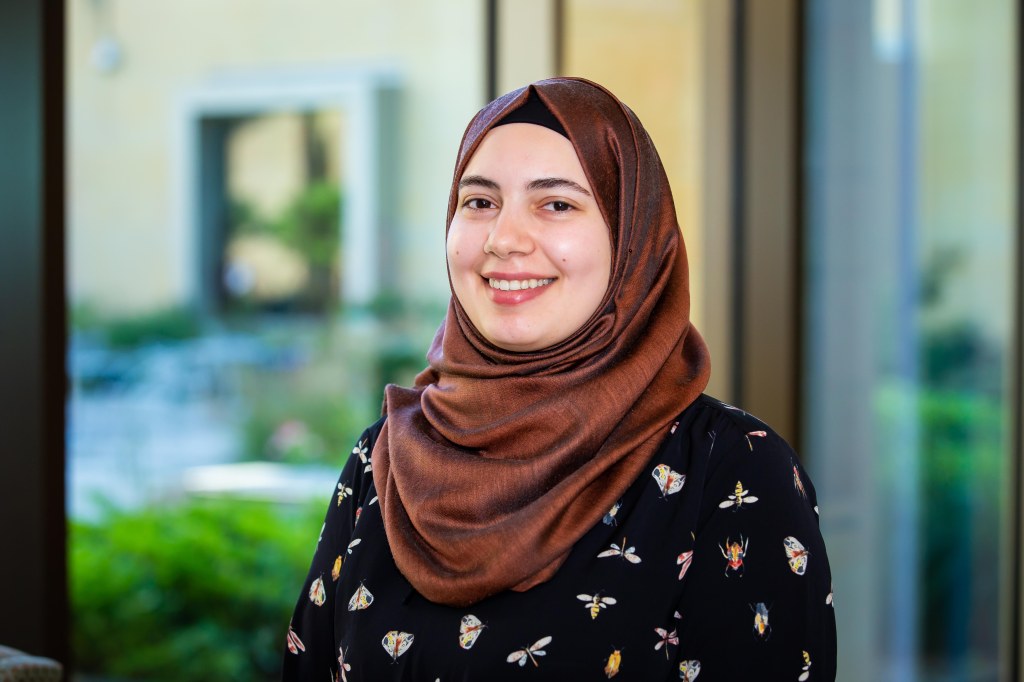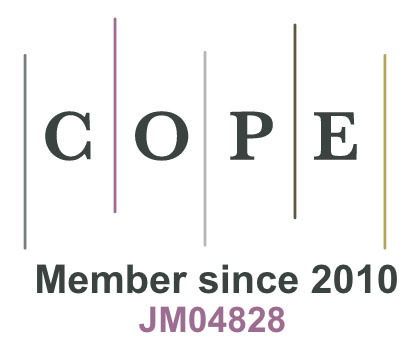Awakening the Spiritual among Adolescents with Cancer
The current ANS featured article is titled “An Integrated Literature Review Revealing the Process of
Awakening the Spiritual Self/Identity Among Adolescents With Cancer” authored by Nadeen Sami Alshakhshir, MSN, RN and Kathleen Montgomery, PhD, RN, PCNS-BC, CPHON. While this article is featured is available for free download here. Here is a message about this work that Nadeen Alshakhshir provided for ANS readers:
My passion for adolescent and young adult (AYA) health in the field of palliative and end of life care (PEOLC) began in 2016 when I enrolled in a palliative care and pain management professional diploma program . My academic training, coupled with my clinical experiences, has strengthened my passion for PEOLC and created a strong foundation for my emerging program of research. The overarching goal of my research is to advance positive health outcomes of PEOLC for AYAs. More specifically, I believe spirituality among AYAs in the context PEOLC of is an understudied area. Through centering my research around spirituality, I hope to advance science by describing early processes that awaken the spiritual self and, in the future, develop nurse-led interventions to help AYAs lean on their spirituality to promote their health and well-being.
My initial interest in spirituality came when I earned my master’s degree in palliative care nursing. The focus of my master thesis was on nurses’ spiritual well-being and spiritual care within PEOLC in oncology units. Additionally, I have centered my PhD coursework and research experiences around this goal, which focuses on advancing positive health outcomes of spiritual coping, as an element of PEOLC, for AYA with cancer.
The motivation to do research on the topic of spirituality was through my own experience when I unexpectedly lost my father when I was an adolescent. For a long time, I didn’t know how to overcome and work through the trauma of losing a special figure in my life. That is when I started to explore spirituality and forming my own spiritual identity, which in turn helped me cope with my father’s death. At that time, I was too young to label my spirituality as a spiritual identity. Therefore, as a Ph.D. candidate in nursing, I devoted my research program into exploring this phenomenon to be able to help other AYAs cope with the stress associated with chronic conditions . Through my Ph.D training in nursing, my research has led to uncovering the phenomenon awakening the spiritual identity.
The findings of the integrative review indicate the existence of the phenomenon of awakening the spiritual self/identity and describe this phenomenon as a process, with factors that hinder or facilitate the process and the potential for this process to foster coping with cancer among adolescents. Together, this contribution is significant to the field of PEOLC because it describes a new phenomenon in an understudied population that has the potential to enhance existing palliative and end-of-life care across the lifespan. Synthesizing evidence with a developmental lens is innovative. Considering the unique developmental stage of adolescence in the context of spiritual and cancer care challenges the current clinical and research paradigms. This publication outlines that despite the vast literature on the positive impact of spiritual care among adults with cancer, knowledge of adolescent spiritual care and the availability of spiritual care interventions for adolescents with cancer is underdeveloped. Specifically, there is a dearth of psychometrically tested spiritual measures and standard tools to guide developmentally appropriate spiritual care among adolescents with cancer. To address this critical gap and build upon the findings of this integrative review, further description of awakening the spiritual self/identity is necessary to define the construct and set the stage for measurement development. An innovative self-reported measure of awakening the spiritual self/identity has the potential to transform research and clinical care, by evaluating where adolescents are in the process and tailoring interventions to match their current state and personal goals. Therefore, my dissertation study is to qualitatively explore the phenomenon among AYAs with cancer. The study findings will be used to describe the phenomenon and inform the next study, focused on measurement development. Then, I plan to augment the Resilience in Illness Model (RIM) to include the phenomenon of awakening the spiritual identity as an antecedent to the concept of spiritual perspective in the RIM.
I would like to acknowledge my advisor Dr. Kathleen (Kitty) Montgomery for the support through my PhD program and my previous advisor Dr. Eileen Kae Kintner for the mentoring and support during the writing of this publication.






Trackbacks & Pingbacks